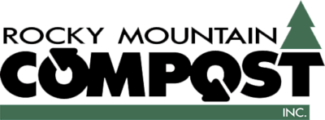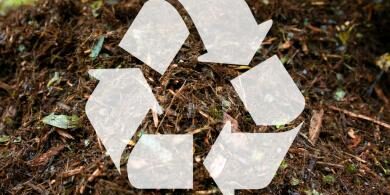The amount of compostable materials we toss in the garbage and fill the landfills with every year is enormous. Thankfully, more and more people are learning about organic recycling and how everyone can benefit. Rather than filling up our landfills with precious organic materials, you may be able to take advantage of new city services, which are offering curb service pickups. Organic recycling is all about composting and how you can make a difference.
Cities Offering Curbside Organic Recycling
New York City and Minneapolis are two great examples where organic recycling is catching on among other places in the country. In 2013, NYC began implementing several new programs to improve their communities and one of them was a pilot program for organic collections with curbside services. The program is getting very favorable results today with more than 500,000 households participating in their organic recycling program. Another 200,000 residents are expected to join in the coming year.
The city of Minneapolis has designed an organics collection program, and they are considering expanding the program in the future. Residents can learn about organic recycling by viewing a video on how residents can participate in the program. Currently, more than 30 percent of the residences in Minneapolis are participating in curbside collection programs.
How It Works
You simply sort and bag recyclable organics, place them in city service containers, and the city takes them away to combine with other collections where they are rendered down into organic compost, which can be used for a number of purposes. Depending on the city and their programs, they use the compost made from organic materials for city parks, golf courses or a number of other programs, which can benefit from rich compost.
Examples of Organic Materials
These are just a small sampling of organic materials, which can be recycled for composting. Most cities and counties, which offer curb recycling bins provide instructions about recycling and a list of acceptable organic materials.
- Food scraps such as dairy products, eggshells, baked goods, pasta, bread, bones, fish, meat and vegetables and fruit scraps.
- Food or soiled paper products like, tissue paper, facial tissue, egg cartons, pizza boxes, napkins, paper bowl and plates.
Recycling organics is a great way to improve our communities, parks and recreational areas, which can benefit from compost.







